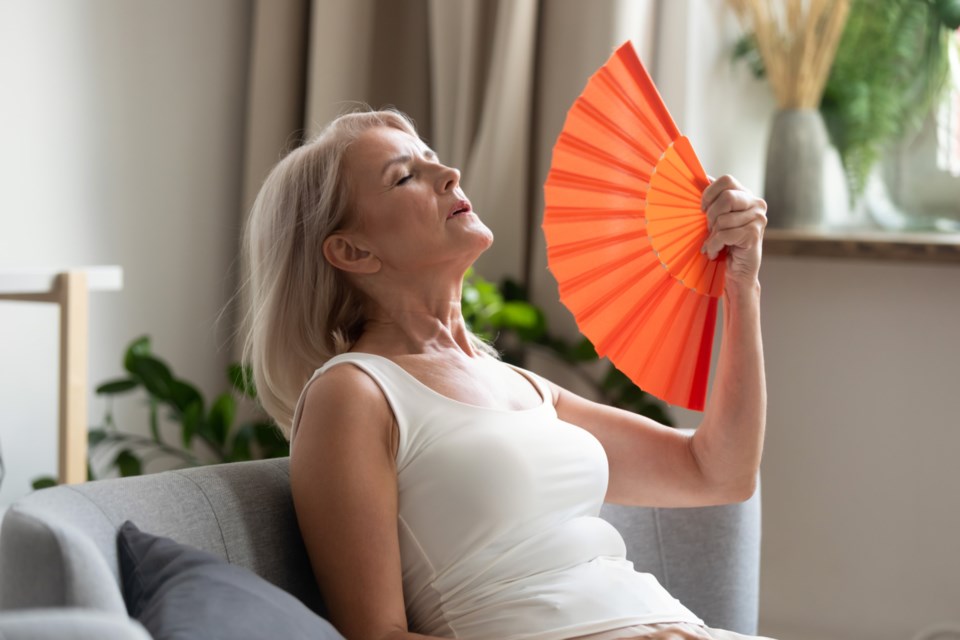NEWS RELEASE
INTERMOUNTAIN HEALTH
*************************
Nothing has been normal about the weather in Colorado this year, but that doesn’t mean residents should skip steps to keep safe when high heat returns. Forecasts for the next week predict temperatures reaching nearly 100 degrees on the Front Range.
According to the National Weather Service, young children and infants, people 65 and older, people with chronic health conditions, people who are overweight, and pregnant women are most at risk for suffering heat-related illnesses. D. Scott Miner, MD, emergency department medical director at Lutheran Medical Center, wants everyone to be aware and be prepared. Here are several steps you can take to prevent heat-related illness.
Stay hydrated
Water accounts for 70% of a body’s composition, and helps lubricate joints, regulate body temperature, control blood pressure, transport nutrients in the body, and act as a shock absorber during a fall or injury.
Water can be lost through the skin by sweating, but also by breathing during heavy physical activity, or even talking. People need more fluids to stay hydrated in hot weather, but also if their diet is high in sodium or protein.
Dr. Miner offers the following tips to stay hydrated:
- Replace electrolytes lost through sweat. Electrolytes include sodium, chloride, potassium, calcium, and magnesium, and are important for fluid balance by helping pump fluid in and out of cells. Try sport and electrolyte drinks, or salty snacks like pretzels, crackers and pickles, which should be followed with a glass of water.
- Drink enough water for your body weight and be prepared to increase intake during hotter periods or increased activity. A good rule of thumb: Drink half your body weight, in ounces, each day. So, a 150-pound person would need 75 ounces, or about 10 eight-ounce glasses of water daily.
- Carry a water bottle, set drinking times, and monitor urine color (the clearer, the better).
Other tips:
- Wear light clothing and sunscreen.
- Plan activities outside during cooler parts of the day.
- Seek out air-conditioned areas.
- Do not leave children in vehicles.
- Do not leave pets in vehicles.
- Avoid hot, heavy meals.
The Centers for Disease Control and Prevention explain three types of heat-related illnesses, the symptoms for each and how to help victims including when to call 911.
Heat cramps
Symptoms: Muscle cramps in the legs or abdomen, increase core body temperature, confusion, shortness of breath, heavy sweating.
Treatment: Put pressure on or gently massage the cramping muscle. Give small sips of water unless the person complains of nausea.
Heat exhaustion
Symptoms: Cool, pale, clammy or sticky skin; heavy sweating; fast, but weak pulse; dizziness, nausea or vomiting, headache, fainting.
Treatment: Move person to a cool place. Loosen clothing. Apply a wet cloth or have the person sit in a cool tub. Offer sips of water.
With heat crams and heat exhaustion, if symptoms last longer than one hour, seek immediate medical attention.
Heat stroke
Symptoms: Headache, confusion, nausea, dizziness, body temperature above 103 degrees; hot, red, dry or damp skin; rapid, strong pulse.
Treatment: Seek immediate help by calling 911 or taking the victim to the nearest emergency room. Move the victim to a cooler room. Reduce body temperature by using cool cloths or a bath. Do not give fluids.
To learn more about when to go to the emergency room, visit sclhealth.org.
*************************



